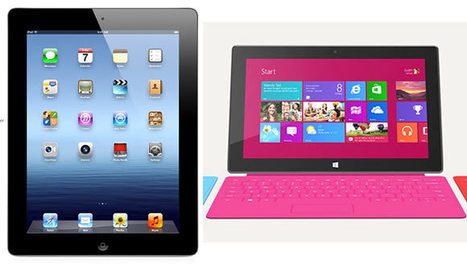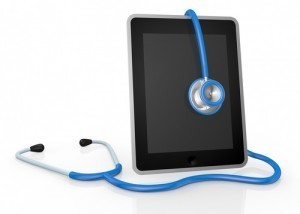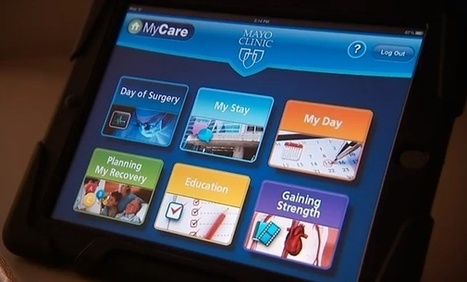Some leading hospitals are increasingly turning to tablets -- iPads and iPad-like devices -- as a way to improve access to patient health records for providers walking the hospital halls.
Such devices are seen as a way to work around clunky desktops and make greater use of an electronic medical record's (EMR) capabilities.
"Tablets, in our experience, are very effective if you need not the entire EMR, but a slice of information," Will Morris, MD, associate chief medical information officer at the Cleveland Clinic, told MedPage Today.
The hospital is piloting the use of tablets with a few sectors of its workforce, such as its rapid response teams. Clinicians can look up patient information on their way to a patient who is crashing and better know how to treat the patient when they arrive at their room.
Other hospital staff use them on rounds; data entered is synced with the hospital's full EMR.
"The more we can assist our providers in being more efficient, the better the value proposition," Morris said.
Hospitals are increasingly turning to mobile devices as a cost-effective extension of their EMRs, making them more usable and friendly, David Collins, senior director of mHIMSS, the mobile wing of the Healthcare Information and Management Systems Society (HIMSS), in Chicago, said.
"You spend millions of dollars for EHR [electronic health record] implementation," Collins toldMedPage Today in a phone interview. "But if you can spend $300 on a tablet and issue these to providers so they're more mobile, it's really a minimal cost for the payoff."
At the Cleveland Clinic, officials don't have data on quality improvement just yet, but Morris said they have seen an improvement in how long it takes nurses to enter vital signs.
"It's not going to be the tablet that transforms practice," he said. "It's going to be 'How do you use the data coming out of your EMR, applied with clinical rules, to empower the clinical practice?' "



 Your new post is loading...
Your new post is loading...













We have had great success using the Microsoft Surface Tablets to access the EHR.